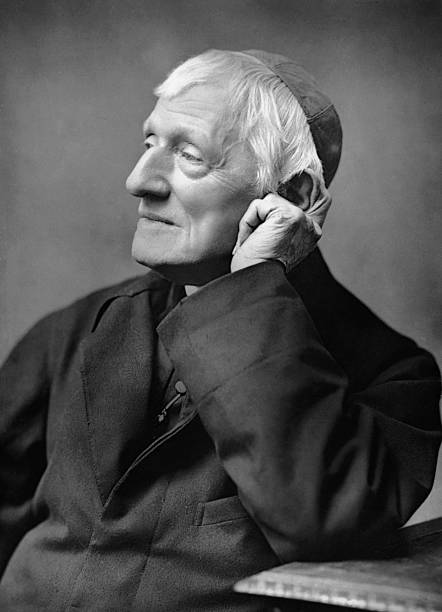"Faith is the result of the act of the will,following upon a conviction that to believe is a duty." St. John Henry Newman 
In the Catholic Peace Weekly "Uncomfortable Content's Column," the writer introduces the readers to his thoughts on the faith life of some believers.
He goes back to an end-of-the-year drinking party where a younger friend next to him suddenly asked: "Do you really believe there is a God? To attend church weekly as you do?" It must have been amazing to see a man who had lived dissolutely for a long time suddenly end his apathy a few years ago and resume his religious life seriously.
Well, he's also curious. He was hesitant about what to answer, but his friend said: "Isn’t it because you like going to church every Sunday to receive comfort and peace of mind?" Nodding his head at what he just said. His friend wasn't wrong, and he wanted to explain 'belief' in one or two words, so he swallowed his answer silently. ‘So, what exactly is faith?’
What he was going to say that day would have been something like this. Faith is not complete, it is always in the process of being made. He is not sure of God. To tell the truth, he has no choice but to say so. Even though he makes a confession of faith at Mass, he still cannot fully believe in the existence of an all-powerful God, and it is difficult for him to believe that a virgin conceived a child and that her son died and was resurrected. After all, he considers himself a half-penny believer who does not fully believe in any of the most essential facts of the Christian faith.
A long time ago, when he was in the military he dared to ask the chaplain if he really believed in the resurrection. "I tried to believe, so I came to believe. Strange as it seems, without question. You will believe it too." He remembers being comforted by the priest's answer.
What is Faith Really? "To have faith is to be sure of the things we hope for, to be certain of things we cannot see." By faith, we understand that the world was prepared by the word of God so that the visible came out of the invisible (Hebrews 11). It says that faith saves us and that the ancestors of faith proved it. However, he sympathizes with Apostle Thomas who believed in the resurrection only after touching the hand of Jesus. We live in a world too scientific and rational to believe in such impossible things.
He concludes by asking the readers not to expect him to believe unconditionally. Without doubts, there will be no growth in faith. Since Jesus said that the poor in heart and those who mourn have the kingdom of heaven, he wants to believe that God's great 'Will' exists even in the humility of those who acutely realize their lack of faith and will. As long as our lives have a purpose, that purpose is to exist in some way. I pray that it will be a new year in which everyone comes one step closer to his will to love others and hope for a better life.
The thoughts of our columnists are those shared by many of our Christians and non-believers. #155 of the Catholic Catechism we hear that: In faith, the human intellect will cooperate with divine grace: "Believing is an act of the intellect assenting to the divine truth by command of the will moved by God through grace."
The ways of coming to a belief in God are many but it's always a gift. The easiest access to faith on our part would seem to be an investigation, experience, study, the perusal of history discovering what Jesus left on earth before leaving us. For many, it was a community, an institution—Church—that was left. It's composed of weak, sinful human beings and yet many are able to see beyond the human element, the corruption, and evil and see the hand of God working in his mystical body the Church. They have been graced.